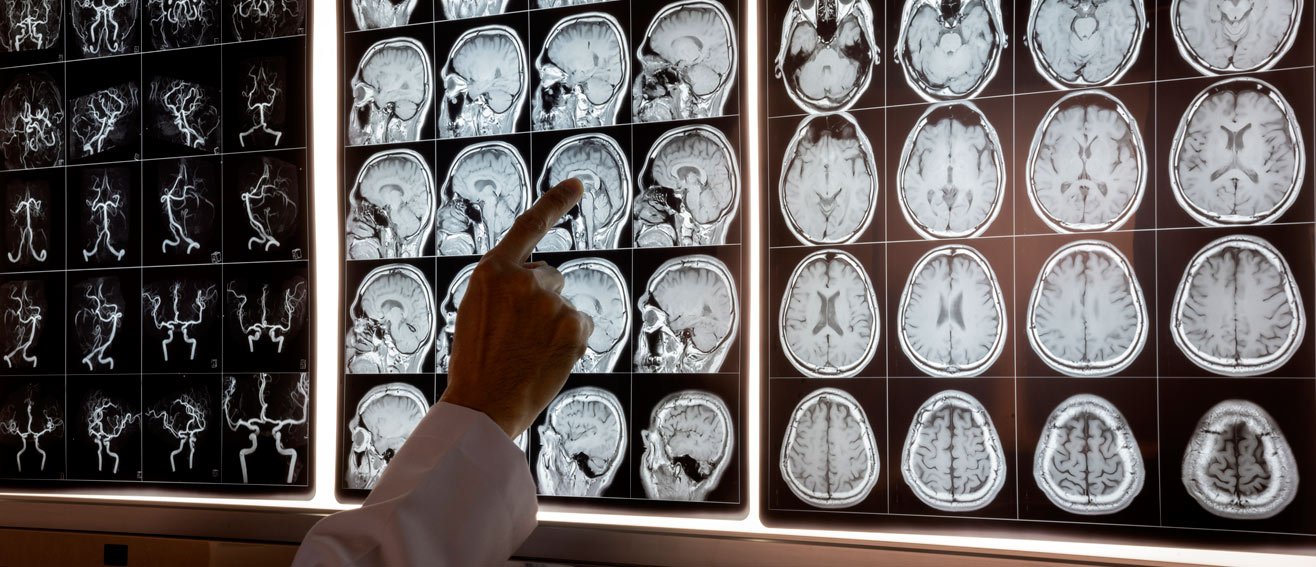
Applied Sciences Groups
The University's School of Applied Sciences has the following Research Groups:
Brain Mind and Behaviour
Head: Dr Elisa Carrus
Research in cognitive neuroscience is becoming increasingly important. The Brain Mind and Behaviour Research Group is using LSBU’s newly set up Electroencephalography (EEG) lab, in combination with behavioural (performance and eye-tracking) and physiological (e.g. heart rate, galvanic skin response) measures, to gain new insights into the fine grained neural mechanisms of cognition and thus, enable the development of more accurate predictive models of behaviour.
Cancer Biology and Therapy Research Group
Head: Professor Eiman Abdel Aleem
Our group aims to identify molecular drivers and novel targeted therapeutics in cancer, thus advancing our understanding of the mechanisms underlying cancer development and progression, and cancer drug resistance. Our lab is equipped for high-throughput drug screening, high-content imaging, flow cytometry, cell culture facilities, as well as basic molecular biology studies. Primarily, the lab will target the following research topics: (1) Novel Functional Interactions of IGF-1R in Cancer, (2) The role of the tumour microenvironment in cancer drug resistance, (3) Targeting immune checkpoints in cancer, (4) Epigenetic mechanisms in human cancer and the development of novel epigenetic therapeutic approaches, (5) Natural products and bioactive peptides in cancer. Our lab combines computational modeling and bioinformatics with in vitro experimental validation to answer research questions. Our team currently includes five PhD scientists with complementary expertise in proteomics, transcriptomics, genomics, epigenetics, drug discovery, and 3D modeling, as well as 5 PhD students. We offer research placements and strongly welcome research and industry collaborations. Please email abdelae3@lsbu.ac.uk for further enquiries.
Developmental Cognition
Head: Dr Jamie Smith-Spark
The group investigates the development of neurotypical and non-neurotypical cognition from infancy into adulthood. Members have expertise and research interests in autism, developmental dyslexia, developmental coordination disorder, specific language impairment and William’s Syndrome and will work to explore the impact of these conditions on executive functions, numerical cognition, and a range of memory systems.
Food, Nutrition and Health
Head: Dr Adam Cunliffe
This Group will innovate in food product and nutraceutical development and the use of nutritional strategies to enhance human well-being, as well as the evaluation of their effects.Members have expertise in nutrition, health and food science (food composition, innovation, product development, functional foods and food safety).
Lived Experiences of Distress
Head: Prof. Paula Reave
This group researches lived experiences of mental distress, centring on how individuals interpret, embody, manage and live with mental health challenges. An integral part of these investigations is the examination of professional relationships and identities of staff and service users, in the context of delivering interventions, as well as the use of innovative methodologies, including action research and visual methods.
Psychology and Pedagogy
Head: Dr Janice Brown
This group brings together staff with expertise in various fields of psychology to research the numerous hurdles Higher Education students face in terms of engagement, satisfaction, progression, and retention. The group aims to produce enhancements to the teaching and learning provision for students across multiple disciplines, based on rigorous, empirical research.
Forensic Psychology Research Group
Head: Dr Serra Tekin Eriksson
The aims of FPRG are to increase awareness of issues in forensic psychology, increase expert research, provide opportunities for international collaboration, as well as student-staff collaborations. Specialist areas of interest include street gang intervention, disability hate crime, forensic mental health, investigative interviewing, deception detection and eyewitness psychology. Research produced by members of FPRG have been shared with the Home Office, several international police forces and the Royal College of Psychiatry. FPRG has close collaborative links with other groups at LSBU, (e.g., Crime and Justice Research Network), other international institutions and expert networks (e.g., Eurogang Network, International Investigative Research Group, and the European Association of Psychology and Law).